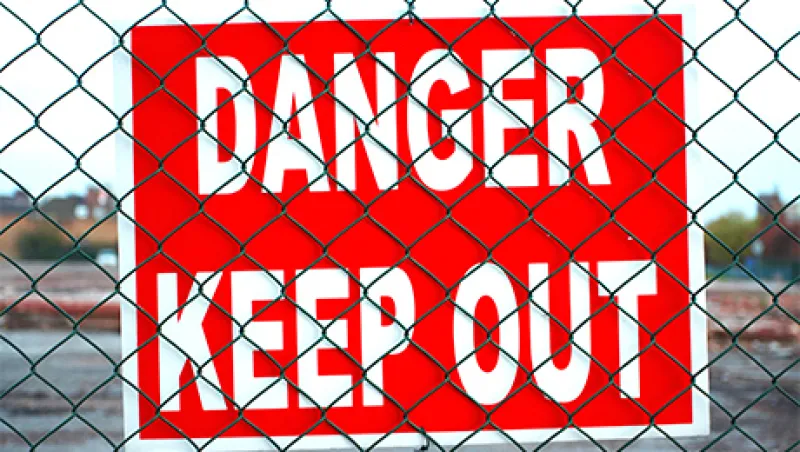
Why Private Equity May Be on a Highway to the Danger Zone
Private equity has produced pretty astronomical returns in recent years, and these admittedly stellar returns have sent investors flocking to the asset class. But as return expectations fall and dry powder piles up, that may finally be changing, writes columnist Meredith Jones.
September 28, 2017


